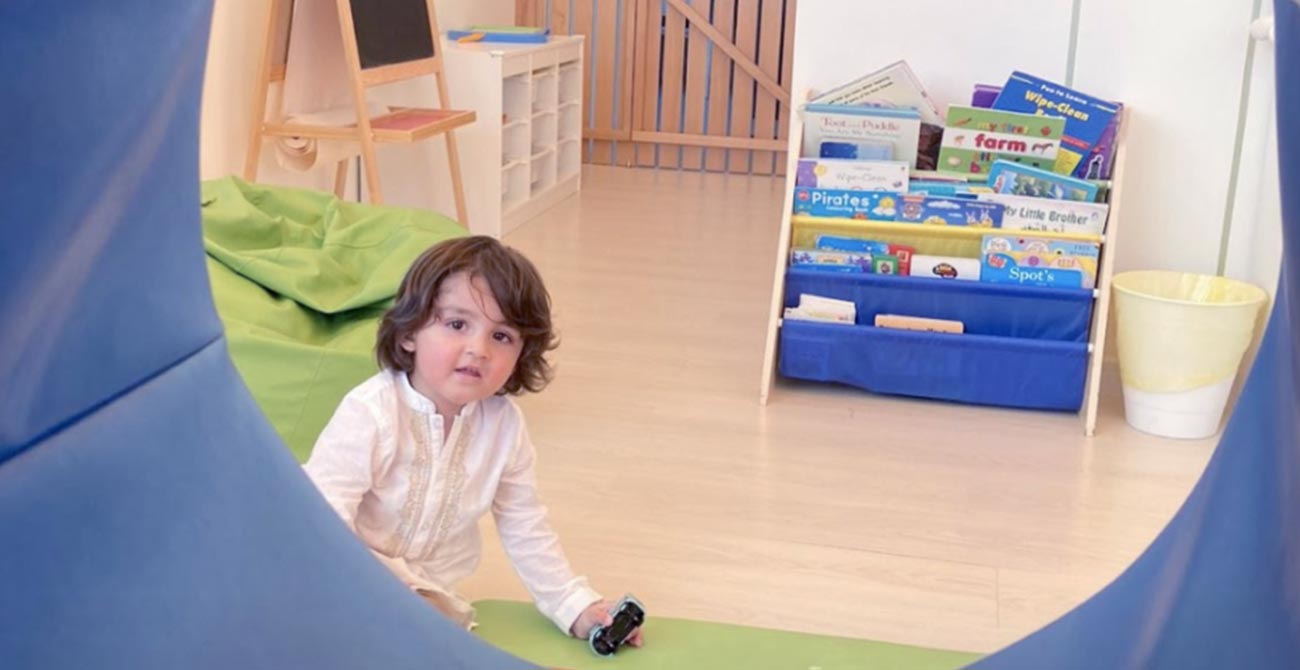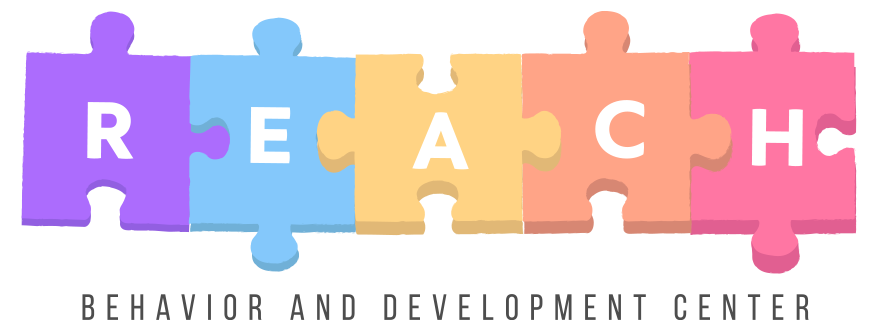
Social Skills Training for Children on the Autism Spectrum
One of the main characteristics of autism is difficulty with social interactions and social communications. Developing a child’s social skills can create a better understanding of social interactions, which can improve the quality of life for those with autism.
Social skills training is one of the most regularly applied interventions to help manage social issues in people diagnosed with autism. In addition to being part of therapeutic intervention, it can also be provided in a group setting guided by a trained professional.
It can also help teach a person the necessary skills to engage with their peers, family members, at school, and in the workplace. It can help a child understand how to relate to and play with other children as well as teach them the appropriate behaviors for a variety of situations.
Social skills training uses various methods to help teach social skills based on the age and needs of the person receiving it. Examples include:
Use of written or visual materials: Scripts and social stories can be a method of visually showing children what social interactions look like and appropriate ways to connect to others. Comic strips are easier for a child with autism to process and understand.
Video modeling. With this method, children watch a video of a social interaction and then are asked to perform the modeled skill right away. Computer and other technological interventions can be used in this way as well.
Peer mentoring. People of the same age without a diagnosis of autism are trained to be peer tutors who can work with students with autism in a classroom setting to help model appropriate social behaviors and interactions.
Play. Children often learn by play, and a therapist can help facilitate activities through play that help teach social skills and appropriate interactions. Toys and games can be tools for learning social skills and expected behaviors.
Role-playing. Role-playing is a common way to help children learn about expected behavior and how to interact socially. A therapist can help walk a child through a hypothetical situation to help prepare them for future interactions.
Group sessions. SST groups can help peers learn how to socialize in a controlled environment. These groups are especially beneficial for older children and adults, providing safe social interactions with a trained facilitator.
Social skills training is specific to each individual and this can be delivered in the child’s Individualized Education Program.
Social skills training for children with autism help them feel more connected socially, which can aid in overall happiness.
Social skills training groups have shown that young adults who go through structured group training programs show a greater frequency of engaging socially with peers and improvements in social skills that last beyond the completion of the program.
For people with autism, it is not easy to create a social “map” about how to act in social situations or with peers, and social skills training can help teach these skills. SST can help a person with autism improve in the following areas: appropriate eye contact, greetings, empathy, how to read facial expressions and body language in others, initiate and engage in back-and-forth conversations and appropriate behavior in social and other settings.
Social skills training will be different depending on the age of the person. For instance, it can help teach toddlers and young children how to take turns and wait for their turn while for adolescents, Social Skills can teach appropriate classroom behavior and how to maintain friendships.
Goals need to be measurable and attainable as well as relevant. The program should also evolve and grow with the person. Skills should be expanded upon as they are learned and mastered. Overall, SST should help to enhance self-esteem.
For specific social skills training groups, you can get in touch with our team and request a consultation and pre-assessment to help assess your child’s needs.
Social skills training can be highly beneficial for learning and practicing social skills when used in tandem with behavioral therapies such as ABA. The level of intervention needed will depend on the person.
Social skills training is most commonly used with individuals diagnosed with autism who are considered high functioning. It can be beneficial for people of all ages from preschool through adulthood, however, it is often extremely beneficial for adolescents and young adults with autism, since it can enhance self-awareness as well as relationship skills.
Social skills training can be offered in different settings by different professionals, please get in touch with us on +973 390006065 to arrange a consultation and pre-assessment for your child.
References:
What is social skills training and when is it used?- Applied Behavior Analysis Guide
Social skills for children with autism- Raising Children


